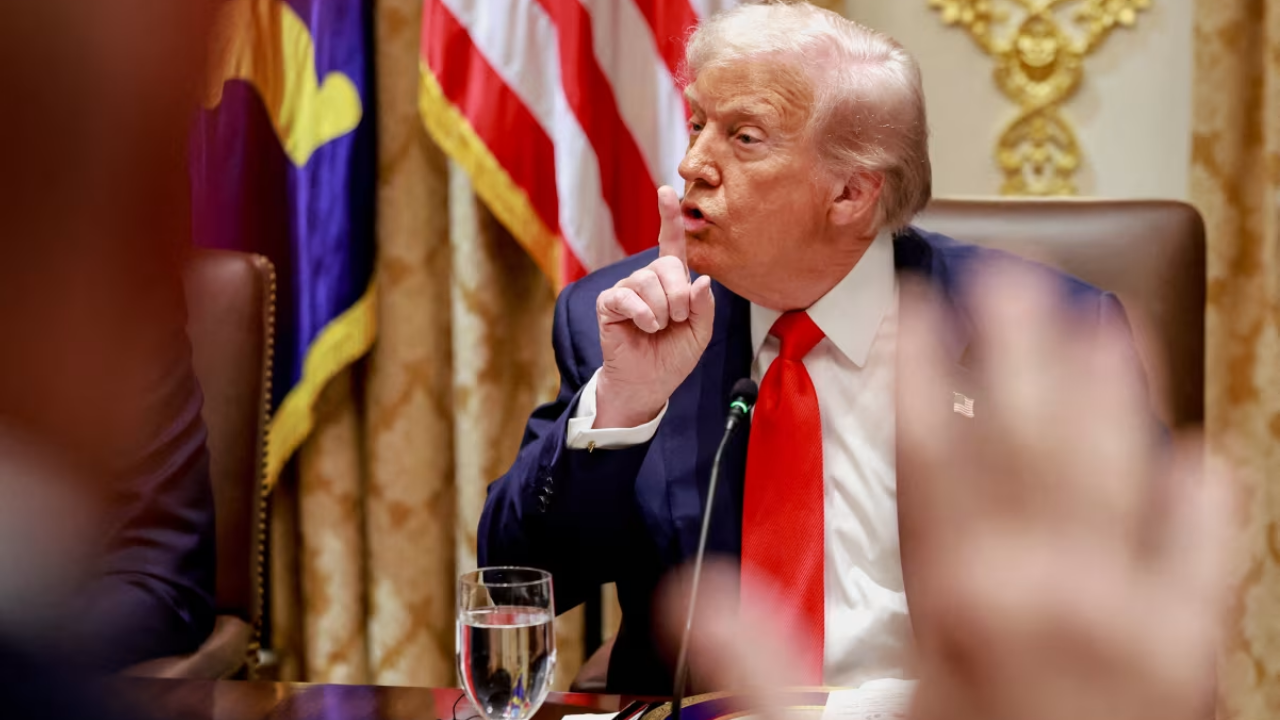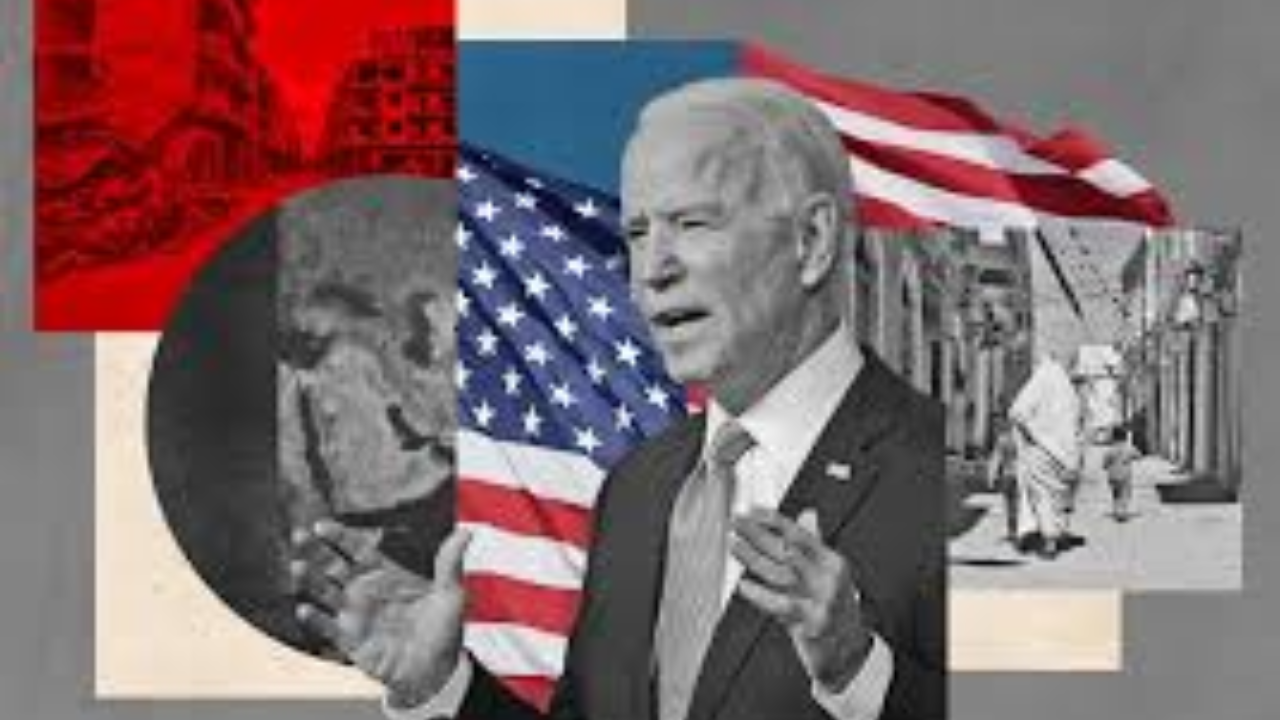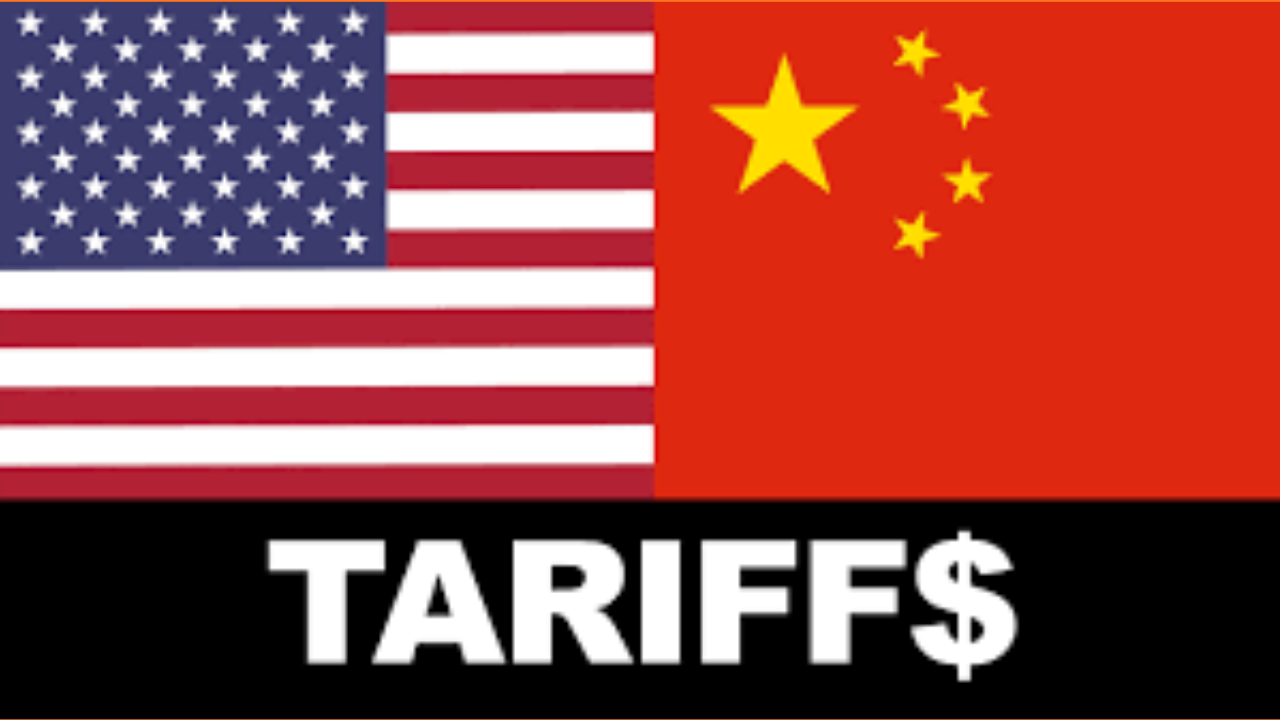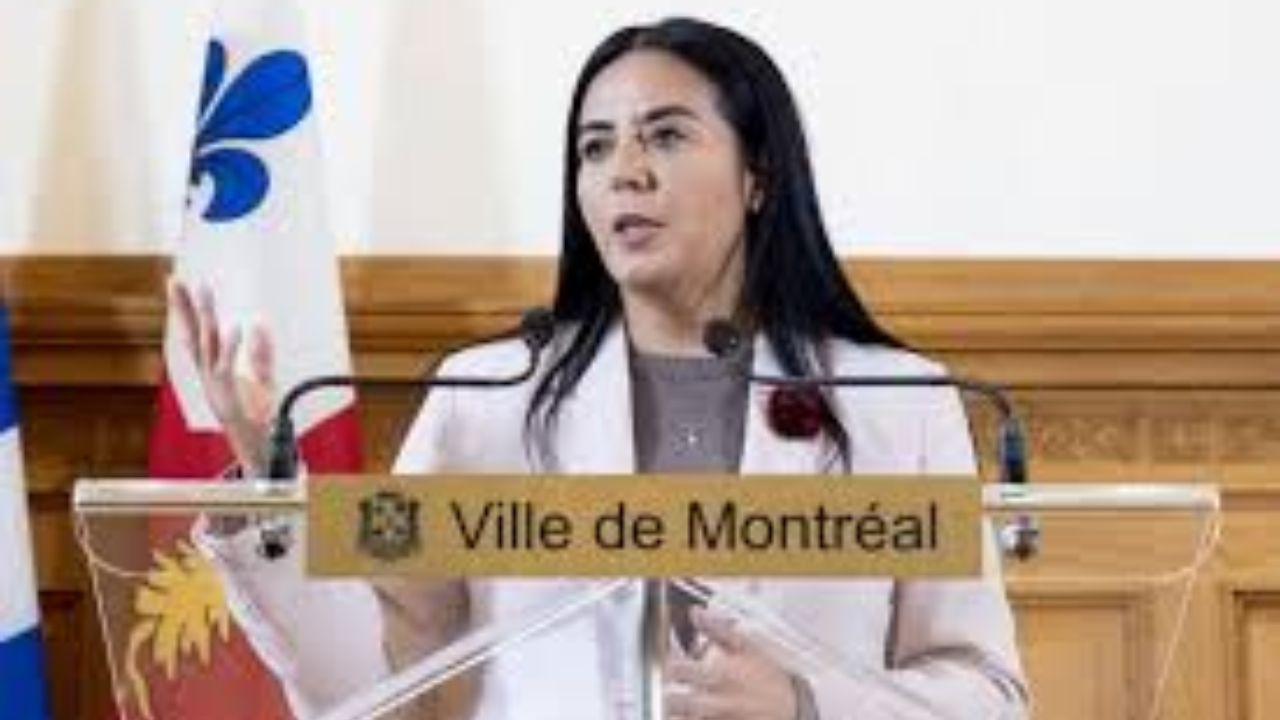The Trump White House is treating spending laws less like concrete rules and more like flexible suggestions as it navigates the government shutdown. Critics argue these moves reveal a belief that the President controls the federal purse, directly challenging Congress’s constitutional authority. The administration appears to be using the shutdown to mute effects on programs it prioritizes and attack those it considers Democratic objectives.
Thank you for reading this post, don't forget to subscribe!Redefining Spending Laws
The administration is finding ways to reroute funds and reinterpret existing legislation:
- Moving Money for Troops: Funds specifically appropriated by Congress for research at the Pentagon are being redirected to pay active-duty troops. While paying troops isn’t politically controversial, the act of unilaterally moving appropriated funds is viewed as a legally questionable overreach of executive power. House Speaker Mike Johnson dared Democrats to “go to court and challenge troops being paid.”
- Funding the Coast Guard: Homeland Security Secretary Kristi Noem stated the Coast Guard will be paid using money “borrowed” from tax and spending legislation previously passed by Republicans. The details of this rerouting method remain unclear.
- Diverting Tariff Revenue for WIC: The administration is using leftover tariff revenue to keep the Women, Infants, and Children (WIC) food assistance program running. While this prevents a lapse in aid, it’s another example of the White House bypassing Congress’s spending authority to unilaterally allocate funds.
The Fight Over Federal Worker Pay
A key point of contention is the treatment of the federal workforce:
- Ignoring a Signed Law: Despite President Trump signing the Government Employee Fair Treatment Act of 2019 (GEFTA), which explicitly requires back pay for furloughed workers after a shutdown, his Office of Management and Budget (OMB) is challenging this interpretation. This is seen as an attempt to “terrorize” the federal workforce, according to critics like Senator Chris Van Hollen.
- Threatening Layoffs (RIFs): The administration is carrying through on threats to conduct mass layoffs (Reductions in Force, or RIFs).
- OMB’s stated strategy is to “Pay the troops, pay law enforcement, continue the RIFs, and wait.”
- The Flawed Rationale: Vice President JD Vance claimed the layoffs were needed to keep programs like WIC functional, a statement contradicted by the fact that federal law does not tie worker paychecks to food assistance, and GEFTA guarantees back pay.
Seeing the Nation’s Money as Presidential Authority
The most significant takeaway is President Trump’s view of the federal treasury as subject to his personal discretion:
- Personal Control: Trump explicitly stated, “the money comes all through the White House” and that he is “very generous,” but “wouldn’t be generous to a communist” when referring to the New York City mayoral frontrunner, Zohran Mamdani.
- Impoundment Challenge: This view, paired with efforts like seeking to cancel federal dollars for New York subway projects, signals a clear intent to challenge impoundment laws that prohibit the White House from ignoring Congress’s authority over spending.
- Global Politics: This theme extends to foreign policy, as seen in the $20 billion bailout promise for Argentina, which Trump connected to supporting his political ally, President Javier Milei, ahead of that country’s midterm elections.
The overall strategy, described by the White House as intending to “batten down the hatches and continue to blame Democrats,” uses the shutdown as an opportunity to reshape the government by asserting unprecedented executive control over federal funding.
Do you want to see a side-by-side comparison of the legal arguments for and against the Trump administration’s fund-reallocation maneuvers?

















